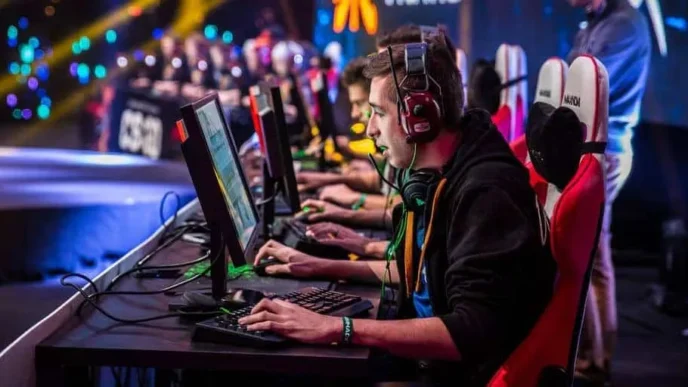Sports have always been a unifying force, transcending cultural, geographical, and social boundaries. In the modern era, sports have evolved from traditional competitions to global phenomena that inspire billions, foster community, and drive innovation. This article explores the evolution of sports in the modern era, highlighting its impact on society, technology, and global culture.
The Role of Sports in Society
- Building Community and Unity
- Sports bring people together, whether through local leagues, national pride, or international events like the Olympics and the FIFA World Cup.
- Shared victories and challenges in sports cultivate a sense of belonging and community.
- Inspiring Personal Growth
- Athletes serve as role models, inspiring individuals to pursue discipline, resilience, and excellence.
- Grassroots sports initiatives help build confidence and teamwork among youth.
The Influence of Technology on Sports
- Enhanced Training and Performance
- Wearable technology and data analytics help athletes optimize performance and reduce injury risks.
- Virtual reality (VR) training tools allow athletes to simulate game scenarios and refine strategies.
- Transforming the Fan Experience
- Live-streaming, augmented reality (AR), and interactive platforms bring fans closer to the action than ever before.
- Social media enables athletes and teams to engage directly with their audiences, building stronger connections.
- Revolutionizing Broadcasting
- High-definition cameras and advanced replay technology provide fans with immersive viewing experiences.
- Innovations like VAR (Video Assistant Referee) have added precision and fairness to sports officiating.
Sports as a Platform for Social Change
- Breaking Barriers
- Sports have played a critical role in challenging stereotypes and promoting gender, racial, and social equality.
- Initiatives like the Paralympics and women’s sports leagues are reshaping societal perceptions of ability and inclusion.
- Global Collaboration
- International tournaments promote cultural exchange and mutual respect among nations.
- Sports diplomacy has been used to bridge political divides and foster peace.
The Rise of E-Sports
- A New Era of Competition
- E-sports, or competitive video gaming, has become a multi-billion-dollar industry, attracting millions of fans worldwide.
- Games like League of Legends, Fortnite, and Dota 2 have created professional leagues and tournaments rivaling traditional sports.
- Youth Engagement
- E-sports appeal to younger audiences, introducing new ways of experiencing competition and teamwork.
- Universities and schools are incorporating e-sports programs, providing academic and career pathways in gaming.
The Business of Sports
- Sponsorship and Branding
- Major corporations invest heavily in sports sponsorships, leveraging athletes and teams to enhance their brand visibility.
- Endorsement deals for top athletes like Lionel Messi, Serena Williams, and Naomi Osaka generate millions in revenue.
- Economic Impact
- Sports events drive tourism, infrastructure development, and job creation, contributing significantly to local and national economies.
- Iconic events like the Super Bowl and Olympics leave lasting legacies in host cities.
The Future of Sports
- Sustainability
- Sports organizations are embracing eco-friendly practices, such as carbon-neutral stadiums and renewable energy initiatives.
- Major events like the Tokyo Olympics have set benchmarks for sustainable sports management.
- Expanding Inclusivity
- Adaptive sports for differently-abled athletes are gaining prominence, with innovations enhancing accessibility.
- Youth and community sports programs are expanding to reach underserved populations.
- Technological Integration
- AI-driven coaching, real-time performance analytics, and immersive fan technologies will continue to transform how sports are played and experienced.














